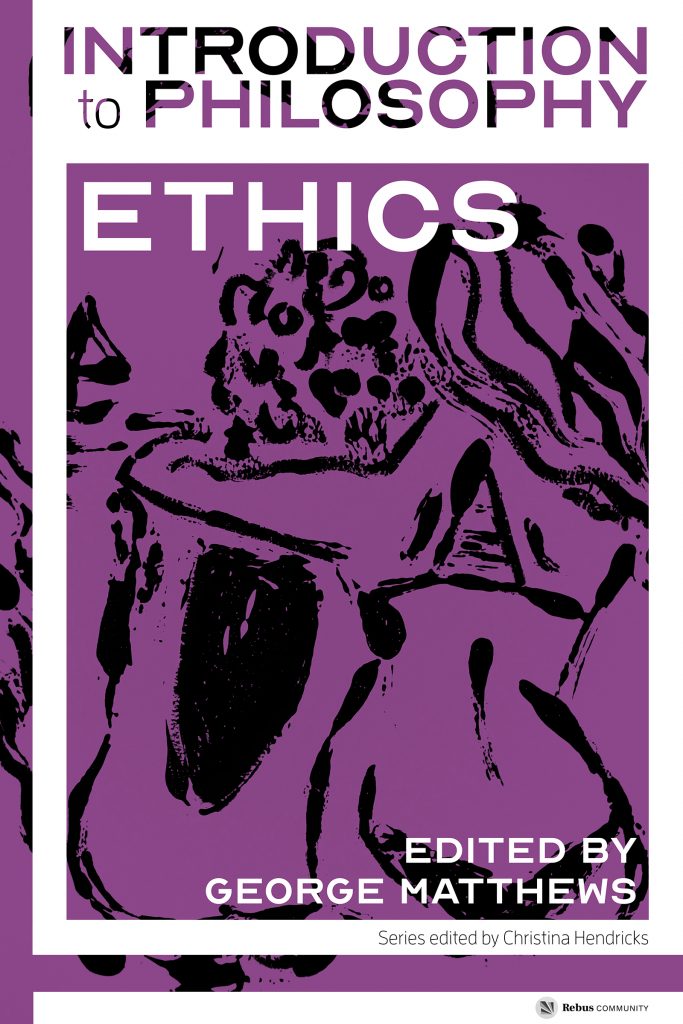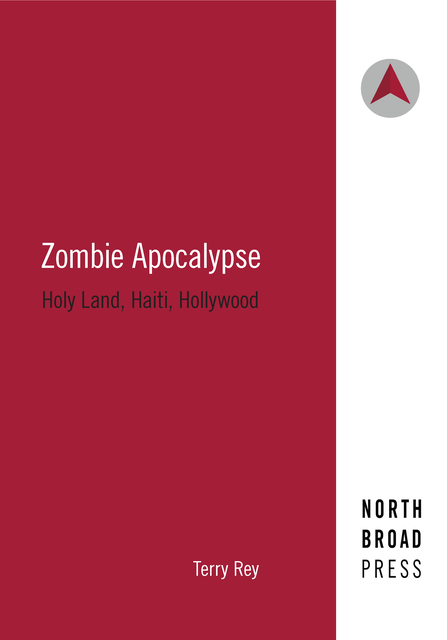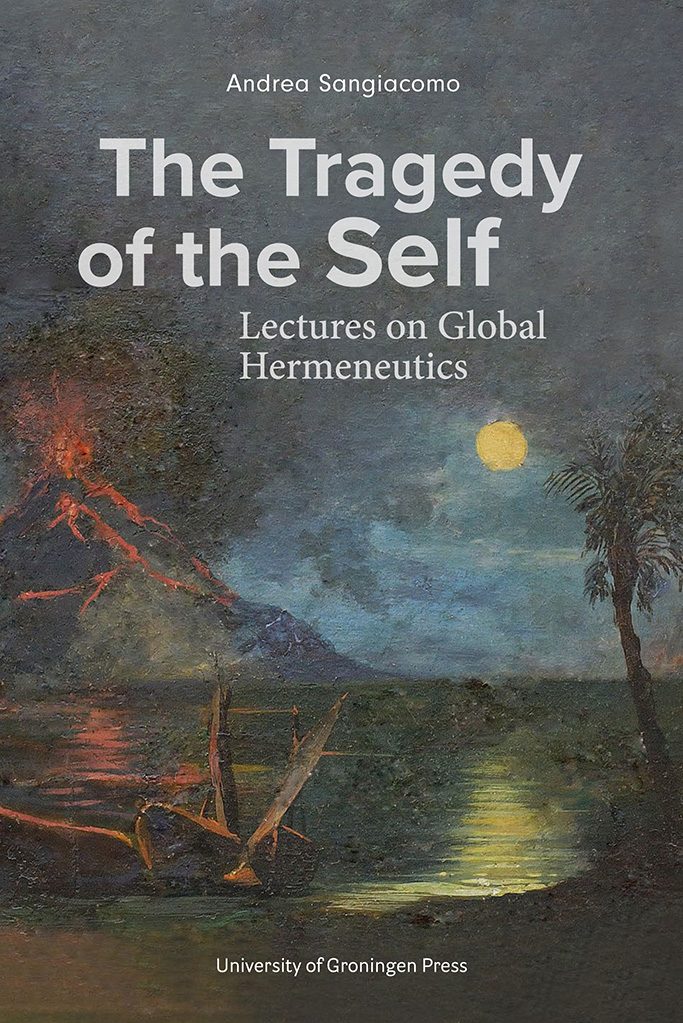 Introduction to Philosophy: Ethics
by
Introduction to Philosophy: Ethics
by
 Zombie Apocalypse: Holy Land, Haiti, Hollywood
by
Zombie Apocalypse: Holy Land, Haiti, Hollywood
by
 The Tragedy of the Self: Lectures on Global Hermeneutics
by
The Tragedy of the Self: Lectures on Global Hermeneutics
by